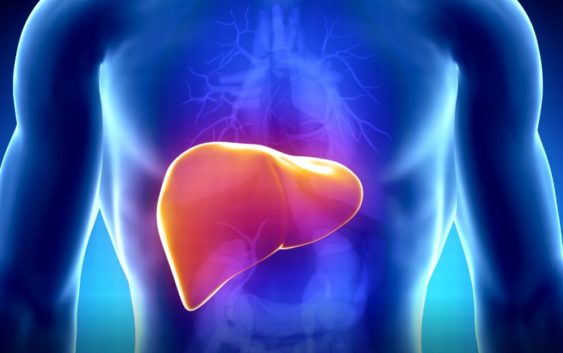The Liver

The Liver is the largest and heaviest organ in the body and can be found at the top right hand side in the abdominal cavity, directly underneath the diaphragm. It is the only human organ capable of natural regeneration of lost tissue – as little as 25% of a liver can regenerate into a whole liver – Just one good reason to take care of your liver!
The liver’s functions include digesting fats, metabolising proteins, making and storing glucose, and serving as the body’s detox centre. As a result of its various functions, it is also the body’s radiator, producing more heat than any other organ.
It is an accessory digestive gland and produces bile, an alkaline compound that aids digestion via the emulsification of lipids (fats), vitamin A (found in green-leafy vegetables and carrots), vitamin D, and plasma proteins, to name a few.
It stores vitamins A, B12, D, E and K.
The liver plays a major role in metabolism within the body and includes the regulation of glycogen storage. Glycogen converts to glucose when energy is needed.
One symptom of liver damage is chronic fatigue that occurs from a generalized loss of nutrients, minerals and vitamins, which is why it is important to eat a healthy balanced diet.
Enjoying a glass of wine or something similar is something most of us do at some point. But drinking excessive alcohol most days of the week may, over time, cause liver disease.
On average, it takes one hour for a healthy liver to process one unit of alcohol. A large glass of wine can take six hours for your liver to process completely.
That means it’ll take you two hours per pint of normal-strength beer or four hours to process a pint of strong beer.
More information is available to Workshop attendees.
